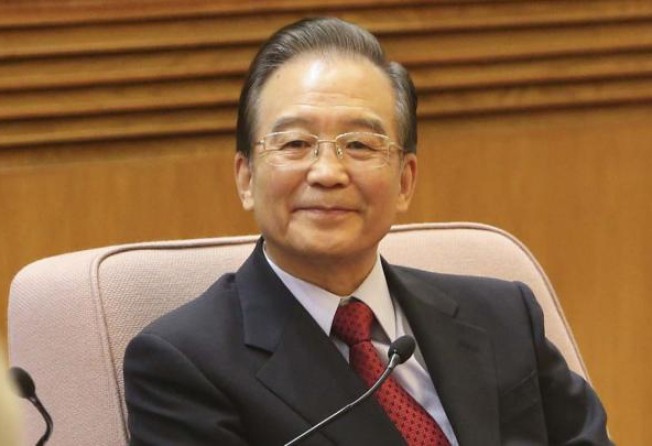
Wage increases part of approved income distribution plan

The State Council on Tuesday approved long-delayed guidelines to reform the mainland's income distribution system, under which wages will be raised and state-owned enterprises will be required to hand over a greater share of their profits.

The planned reform had been delayed by about eight years, after being amended half a dozen times amid strong objections from interest groups related to state-owned companies and some government bodies.
"The guidelines are about the goals, direction, and major principles of the reform," said Li Shi, a professor at Beijing Normal University. "The broad ideas are correct. However, the key is how to implement them. That will be something left to the new generation of leaders to worry about."
The cabinet urged government agencies to prepare detailed action plans but didn't offer a time-frame.
By 2015, enterprises owned by the central government will be required to surrender a greater share of profits - five percentage points over current levels - to the government, with part of the funds slated for "improving people's livelihoods".
The guidelines are about the goals, direction, and major principles of the reform ... However, the key is how to implement them
The government also aims to double average urban and rural per capita individual income by 2020 from 2010, and make more rural migrant workers city dwellers, according to the guidelines.
"Reasonable wage rises" have been planned for low-income earners partly by boosting minimum wages in most regions by 2015 to more than 40 per cent of average wages earned by urban workers.
Incomes of senior managers of state-owned enterprises will be subject to ceilings.
To broaden its channels of income, the government plans to further develop the capital market; push forward interest-rate liberalisation reforms; widen the range of deposit and lending rates that banks can set themselves; and roll out more bond and currency products.
The country will also gradually broaden property tax trials, raise and broaden the scope of resources taxes, adjust the consumption tax scheme to include more high-end goods, and may begin levying inheritance tax "at the right time".